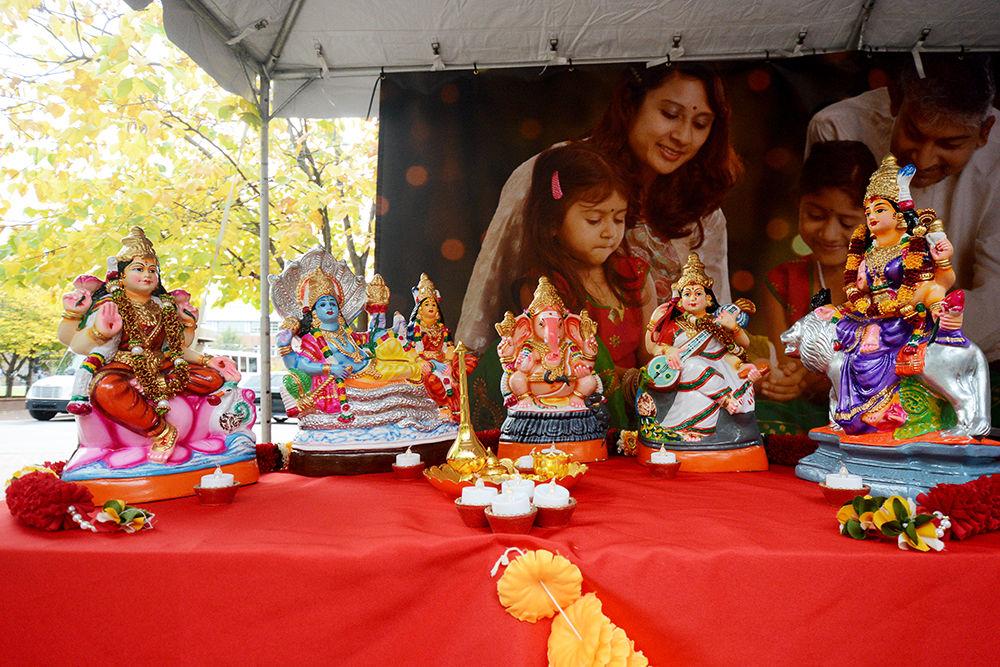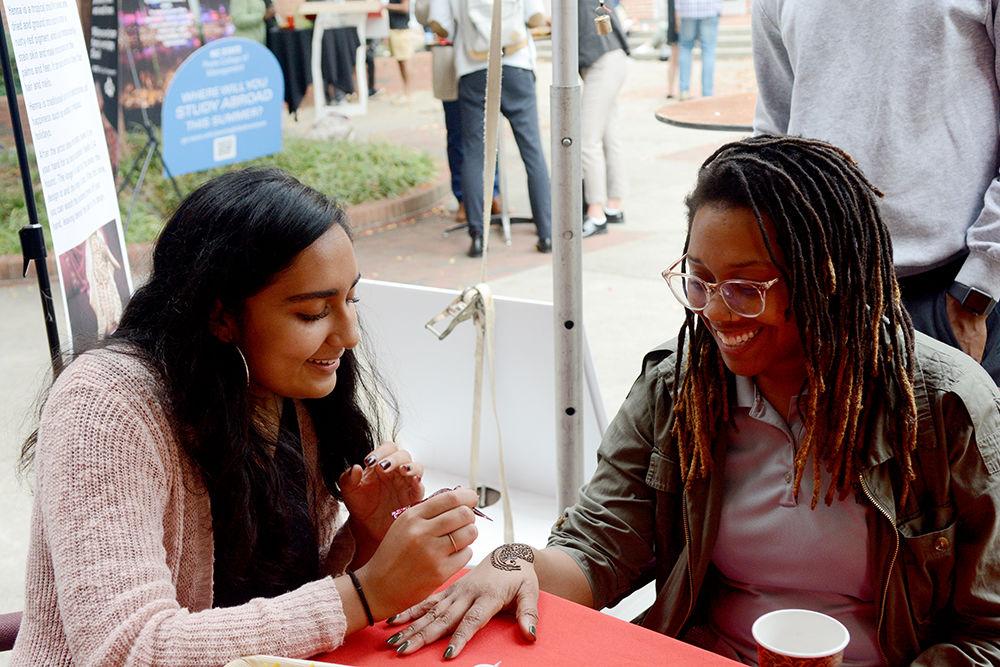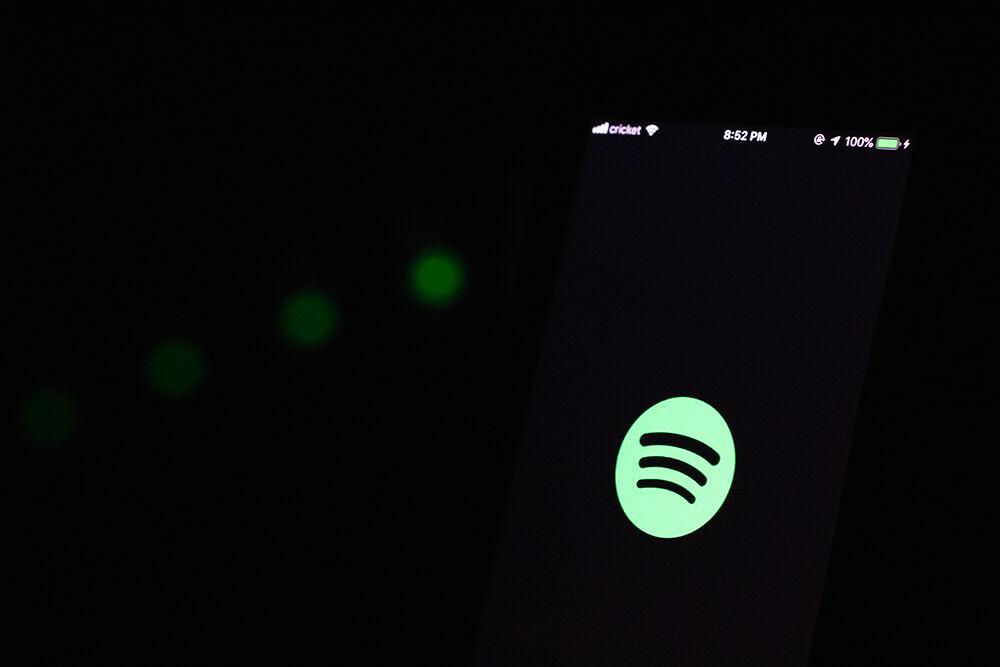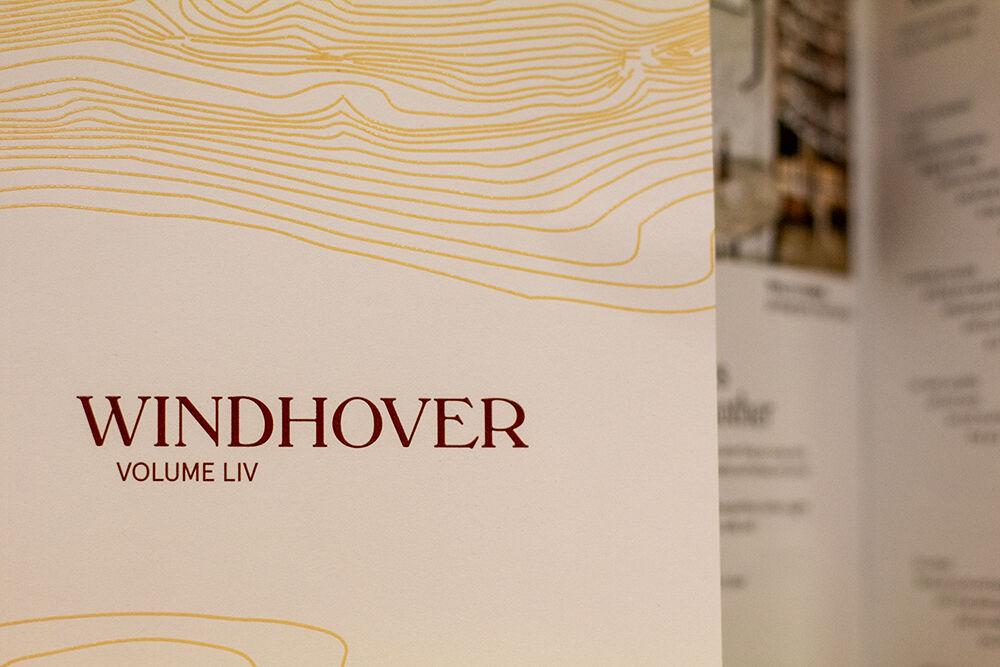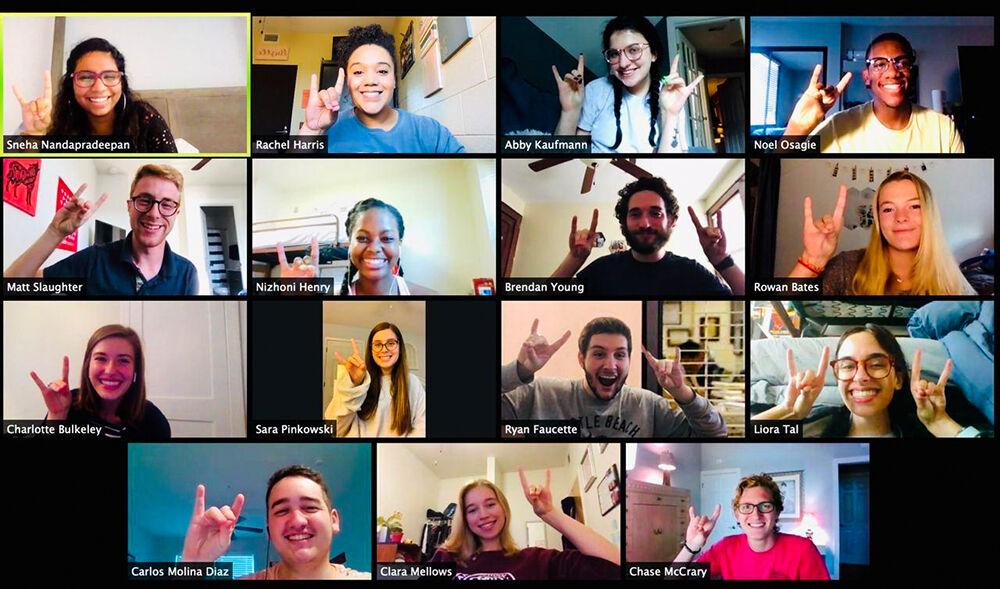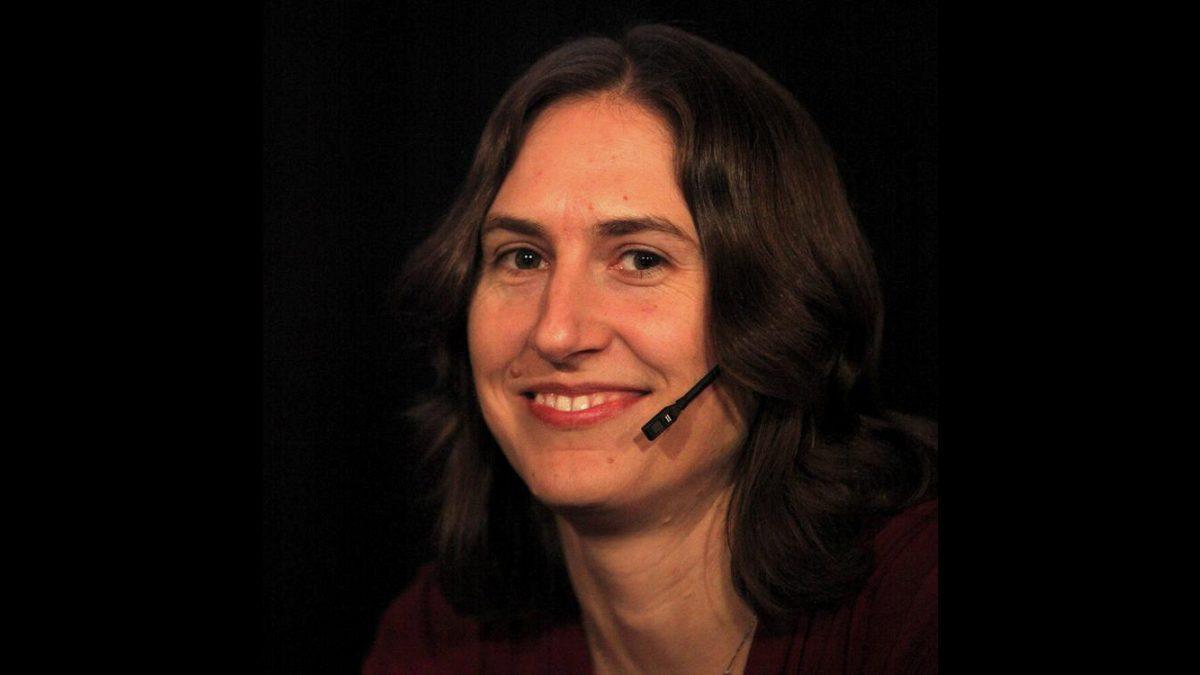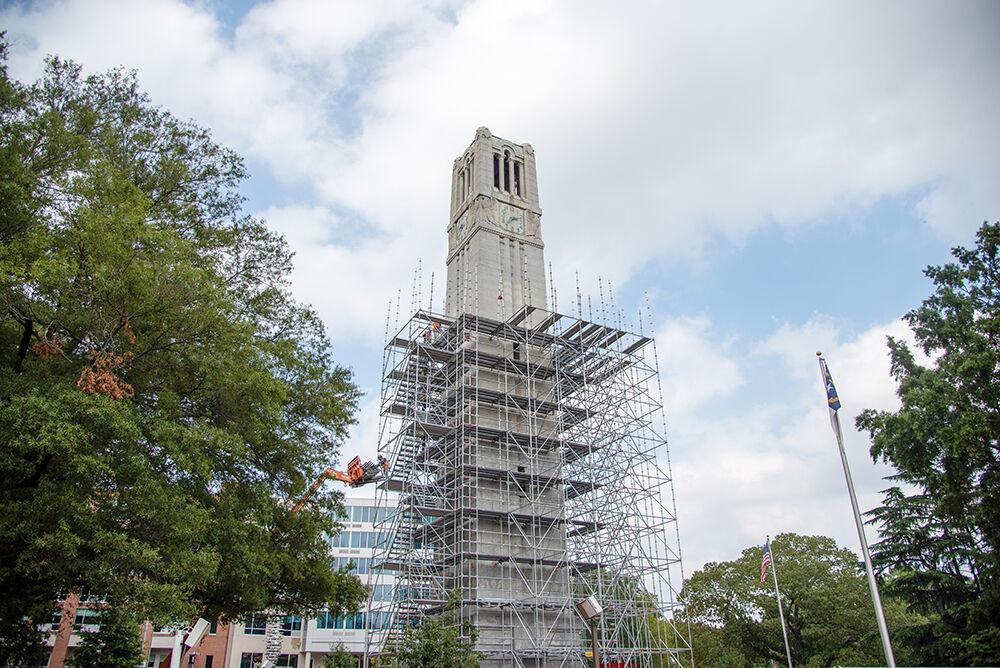The Poole College of Management helped students celebrate Diwali on Oct. 29 in the Nelson Hall East Plaza. Many students showed up for the celebration to take photos in the photo booth, try Indian foods from local restaurants or get henna.
Nilan Menon, a fourth-year studying political science, spoke about the importance of Diwali across different cultures.
“This time of the year is important to a lot of religions that originated in South Asia,” Menon said.” Jainism also values this day, Buddhists also value this day. Sikhs also celebrate something on Diwali called the Day of Liberation, where one of their religious leaders was actually freed by the Moghul empire, so they value this day but just in a different way than what people generally think of it as.”
Menon continued to talk about one of the stories that Diwali is centered around in North Indian cultures.
“There’s a lot of myths surrounding it and why it’s important, and it depends on where you go and who you ask about this, but typically, the main myth you will be most familiar with is that this day marks the return of an avatar of Vishnu,” Menon said. “He was sent down as someone who would slay a great evil in that time, but in order to do that, he had to be banished from his kingdom and from his subjects who loved him very much. He had to be banished from that kingdom for 14 years.”
Menon continued to talk about how the celebration started when the people of the kingdom heard of Rama’s return after the prince had defeated the great evil. This return is a centerpoint of the celebration, as it is the triumph of good over evil. This takes place during the darkest nights after the harvest, which is why the use of lights is important to this celebration as well for this form of celebration.
Rani Madhiwala, a second-year studying business administration and international studiesas well as a student organizer for the Diwali celebration, also spoke about what Diwali is.
“Diwali is the festival of lights,” Madhiwala said. “So it’s a day where everybody gets together and they celebrate the festival of lights. It’s kind of like, good over evil. It’s a big celebration.”
Madhiwala continued to speak about what Diwali means to her personally.
“Diwali itself is a day where you get to see everyone,” Madhiwala said. “They come together and they celebrate God and just celebrate having a good mindset, having a clean mindset. From the region that my family is from in India, it’s actually New Year’s the day after, so we celebrate Diwali and New Year’s. So it’s kind of like a fresh start, good over evil and everything.”
Rahul Kadari, a fourth-year studying mechanical engineering as well as the president of the South Asian Student Association, explained how Diwali is typically celebrated in India.
“Usually, what we do for Diwali is we have fireworks and we have diyas … it’s just like festival lights,” Kadari said. “Everyone just comes out and has a good time. You eat food. There is usually a lot of special sweets that are made for Diwali.”
According to Kadari, in South India, Diwali goes by the name Dipavali. However, in South and North India, people still celebrate the same traditions. There are just slightly different customs.
Kadari spoke more about his favorite parts of Diwali from his own experiences.
“My favorite part is definitely the food,” Kadari said. “The food is always great, and every time I go home, my mom always makes sweets for us during Diwali. Getting to eat that is very nice. You don’t really find that in restaurants or anywhere; it’s like authentic, home-cooked sweets.”
The Poole College of Management was able to get food from local Indian restaurants to serve to those who came to celebrate Diwali. Kadari also talked about the foods that had been brought in.
“I think they have jalebi, which is like an orange sweet; it’s like fried dough with a lot of sugar on it,” Kadari said. “They also have biryani, which is a pretty well-known dish in India. It’s just a rice dish; I think they have chicken. But jalebi and biryani I think are the main things they have.”
Eiman Azam, a second year majoring in business administration and statistics, draws henna on DeWhiteney Upchurch, a Raleigh local, at the Diwali festival on Tuesday, Oct. 29, 2019, at the Poole College of Management. Diwali is a Hindu festival of lights, and marks the beginning of the fiscal year in India.


